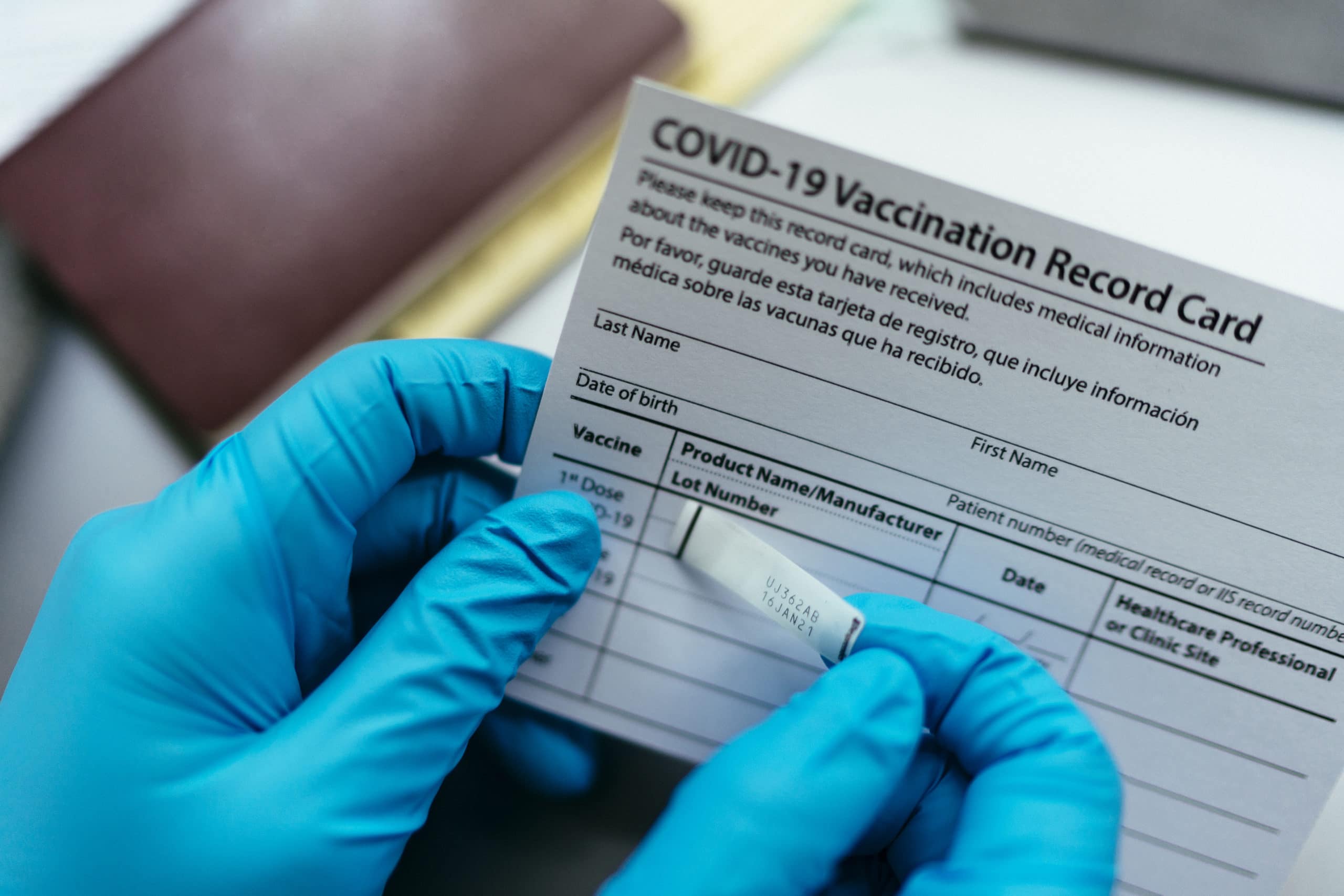TOPLINE
People experiencing a rebound Covid-19 infection after taking the antiviral therapy medication Paxlovid can be contagious even before experiencing symptoms, according to a paper written by a team of researchers at the Veterans Affairs Boston Healthcare System and Columbia University, leading the Centers for Disease Control to issue new guidance on the drug.
KEY FACTS
Sufferers of a rebound infection—a recurrence of symptoms or a new positive test after previously testing negative after taking Paxlovid—are “at risk of transmitting” Covid to others “even though they’re outside what people accept as the usual window for being able to transmit,” one of the researchers, Dr. Michael Charness of the Veterans Administration Medical Center in Boston, told CNN on Tuesday.
The researchers—who studied 10 non-immunocompromised patients between the ages of 31 to 71 who experienced a relapse in symptoms after taking Paxlovid—found two spread the virus to others during the rebound infection, according to the paper, which was published in Research Square and has yet to be peer reviewed.
In one case, a 63-year-old male spread Covid to two family members, while a 67-year-old male transmitted the coronavirus to a 6-month-old infant he saw before he developed Covid symptoms.
Following the research, the CDC advised people experiencing a relapse in symptoms to isolate for at least five days, while noting reported rebound cases have been mild and Paxlovid is still effective at preventing hospitalization and death as a result of Covid.
A spokesperson for Pfizer told Forbes the company was “continuing to monitor the data,” but said rebound cases were “uncommon and not uniquely associated with treatment.”
SURPRISING FACT
In Pfizer’s clinical trials for Paxlovid, about 1% to 2% of participants experienced a Covid rebound case. But Dr. David Ho, a professor of microbiology and immunology at Columbia University and an author of the Research Square paper, told Time that so many people are reporting rebound cases “there’s no way it’s occurring at 1% or 2%.” Ho teamed up with Charness after he himself experienced a relapse in Covid symptoms after taking Paxlovid. He confirmed it was the same infection after sequencing the virus and finding it to be identical to the original infection, Time reported.
BIG NUMBER
More than 20 million. That’s how many courses of Paxlovid treatment the Biden Administration has committed to purchasing. The number of people filling Paxlovid prescriptions has jumped from 27,000 to 182,000 over the past two months, the White House said last week.
WHAT WE DON’T KNOW
Exactly why and how often rebound cases occur. In their paper, researchers suggested more work is needed to determine the exact causes and frequency of the cases. Ho, meanwhile, told Time he shared his research with scientists at Pfizer.
KEY BACKGROUND
Pfizer’s antiviral drug—which is nearly 90% effective at preventing hospitalizations from Covid—has been viewed by some experts as a “game-changer” in the fight against Covid as the first efficacious antiviral oral treatment. The FDA has authorized the drug for anyone 12 years and older who is at a higher risk for developing severe Covid. Pfizer had reported a rebound infection as a potential but rare side effect of the drug. But a growing share of people have taken to social media to report they tested positive for the coronavirus after clearing the infection after completing the five-day course of Paxlovid. According to the CDC’s latest guidance, people can experience a rebound in symptoms two to eight days after recovering from the coronavirus. The CDC noted there have been no severe cases of Covid rebound, and no additional treatment is necessary for the relapse in symptoms.
FURTHER READING
Full coverage and live updates on the Coronavirus
By Madeline Halpert, Forbes Staff
